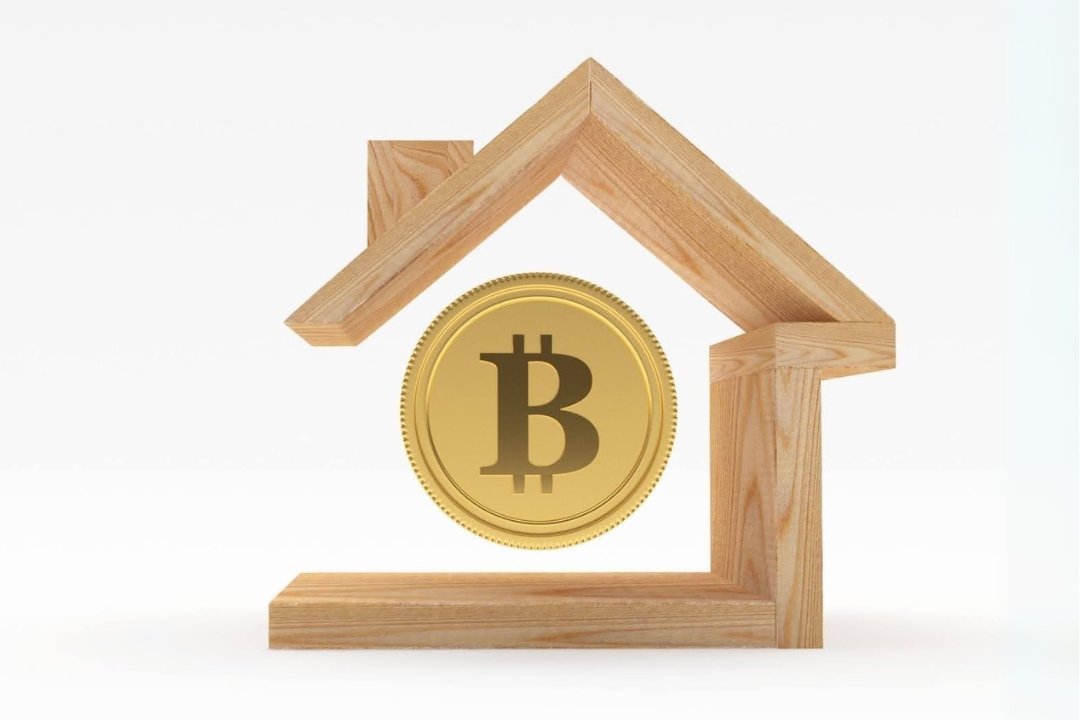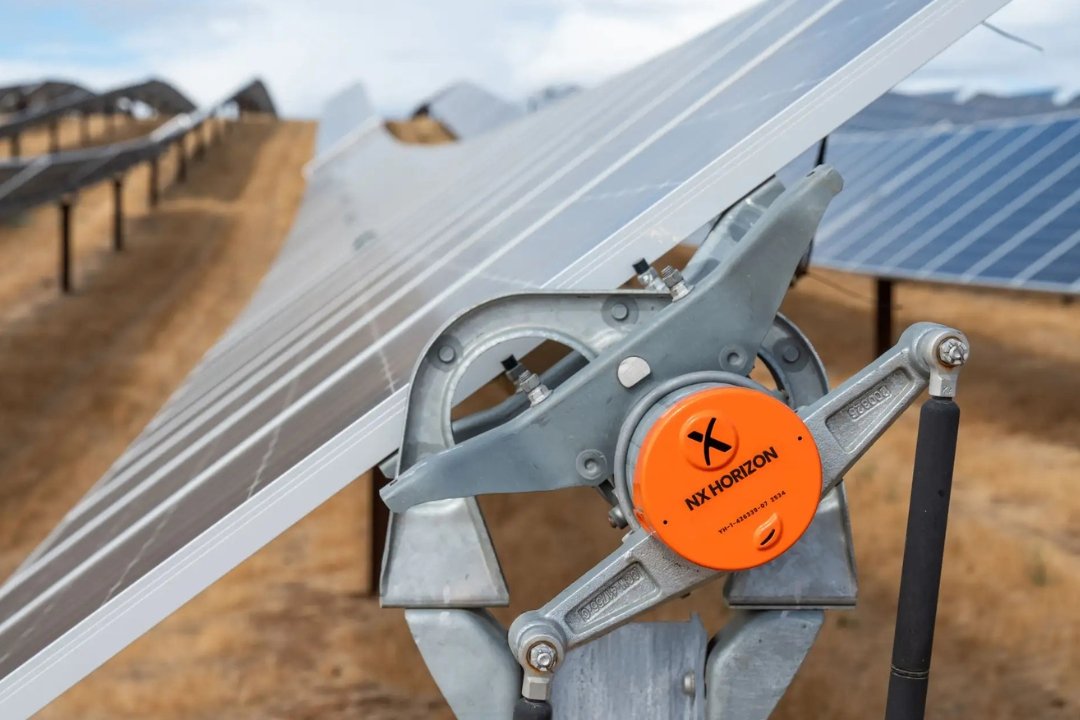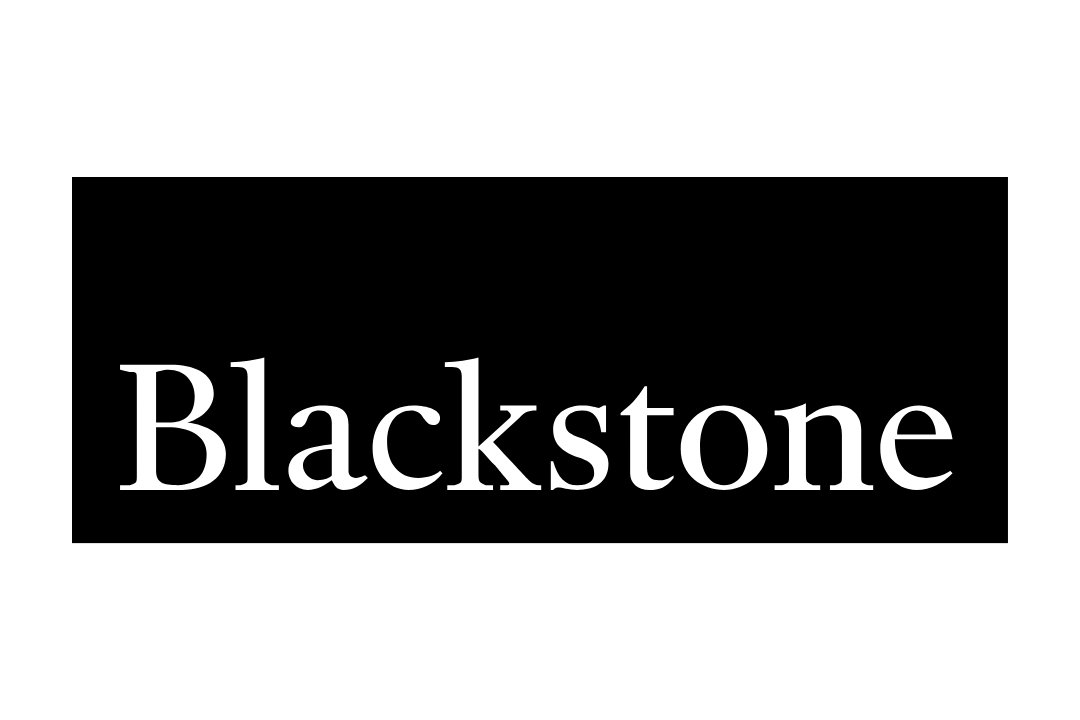For centuries, real estate has been the bedrock of wealth creation. From aristocratic estates in the English countryside to glass towers in financial capitals, land ownership has defined power and prosperity. Yet for many, the barriers to entry have been insurmountable. High capital requirements, byzantine paperwork, and geographical constraints have kept property ownership out of reach for most. Now, a quiet but seismic shift is gathering momentum, promising to dismantle these age-old hurdles: real estate tokenisation.
What Exactly is Real Estate Tokenisation?
In its simplest form, tokenisation involves transforming physical property into digital tokens recorded on a blockchain. Each token represents a fractional share of the asset, akin to a company share on the stock market. These digital tokens are cryptographically secured, recorded on decentralised ledgers, and can be traded globally.
Imagine a commercial block in Birmingham worth £20 million. Instead of seeking one deep-pocketed buyer or a consortium of investors, the property owner divides the asset into 1 million tokens valued at £20 each. A local shopkeeper, an office worker in Manchester, or an investor in Tokyo can each purchase a token, acquiring a legitimate stake in the property.
Token holders can benefit from income generated by the property, such as rent or appreciation, and can sell their stake on secondary markets. This model allows property ownership to transcend borders, wealth brackets, and traditional bureaucratic hurdles.
Why Tokenisation Matters Now
The rise of tokenised property has not emerged in a vacuum. Global real estate markets have experienced periods of extreme volatility, further exacerbated by recent economic disruptions. Traditional property investment often involves locking up vast sums for extended periods. In contrast, younger, tech-savvy investors increasingly seek agility, fractional exposure, and instant liquidity.
Tokenisation directly addresses these demands. It provides opportunities to invest in landmark properties, resorts, industrial sites, and other valuable assets, often for less than the price of a meal out.
Tokenisation in Practice: From Concept to Reality
While still in its infancy, tokenisation has already left its mark on real-world transactions. From New York to Singapore, several landmark deals have showcased its potential. In many cases, properties that might have taken months or years to sell were able to attract investors and close transactions in record time.
Asia, particularly Singapore and Hong Kong, has embraced the model with regulatory clarity and technological enthusiasm. Meanwhile, European capitals are exploring blockchain-backed property registries to further streamline ownership transfers.
The Shift in Power: Who Gains in This New Landscape?
The traditional real estate ecosystem is being reshaped:
Investors: Individuals previously excluded from the property market now have the ability to invest in high-value assets without committing life-altering sums. These investors can diversify across property types and locations, potentially mitigating risk.
Developers: Developers can raise capital more swiftly and broadly by offering fractionalised stakes, reducing dependency on conventional financiers.
Legal Experts: A new wave of legal professionals is pioneering hybrid contracts that blend real estate law with digital asset frameworks, ensuring cross-border enforceability.
Governments: With proper oversight, tokenisation can help modernise land registries, increase foreign investment, and boost market liquidity.
The Allure of Tokenisation: More Than Hype
Several intrinsic advantages explain why tokenisation is gathering pace:
Liquidity: Historically, property sales have been slow and cumbersome. Tokens can be traded in minutes, unlocking liquidity that was once unimaginable in the sector.
Transparency: Blockchain technology creates immutable records, offering clarity on ownership, transaction history, and property performance.
Accessibility: Tokenisation transforms property into a truly global asset class. A student in Nairobi can own part of a hotel in Milan; a retiree in Edinburgh can tap into income from logistics centres in Seoul.
Automation: Smart contracts can automate dividend payments, legal compliance, and reporting, reducing overhead costs for investors and developers alike.
The Road Ahead: A New Investment Epoch
Forecasts paint a compelling picture. Consultancy giants suggest that tokenised real estate could account for trillions of dollars in transactions by the next decade. In many regions, this could represent a significant portion of total property deals.
Financial powerhouses and governments are responding. From Switzerland to Germany, nations are exploring digital exchanges for tokenised assets, while established banks are investing in blockchain-based infrastructure.
Challenges and Cautionary Tales
Despite its promise, tokenisation is not without challenges.
Regulation remains a key concern. Property laws differ dramatically between countries, creating complications for cross-border investments.
Security risks also linger. Digital wallets and exchanges can be targeted by cybercriminals, demanding robust protections.
Moreover, many investors conflate property tokens with volatile cryptocurrencies. Education and transparency are vital to foster trust.
Redefining Ownership for a New Era
Real estate tokenisation does not simply digitise property ownership; it represents a fundamental reimagining of what it means to own assets in the 21st century.
Envision a future where a schoolteacher in Buenos Aires holds shares in student housing in Cambridge, or a digital nomad in Bali generates passive income from warehouses in Rotterdam. Tokenisation has the potential to turn this vision into a reality.
As platforms mature and legislation adapts, the property market may shift towards this new model as its default, leaving the old world of land deeds, middlemen, and paperwork as a relic of the past.









![[IRHM] logo](https://irhmagazine.com/wp-content/uploads/2025/08/IRHM-AWARDS-2025-1024x683.jpg)






